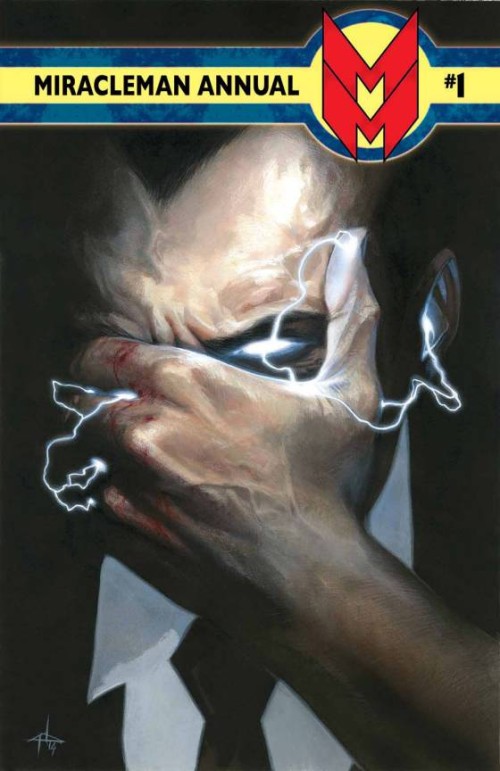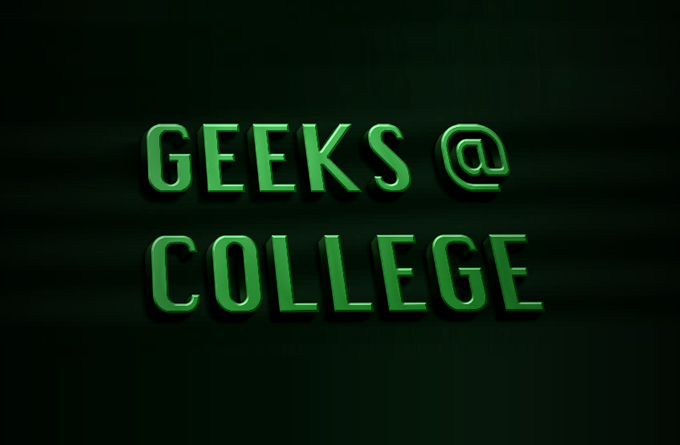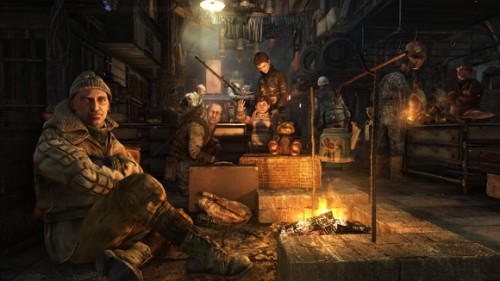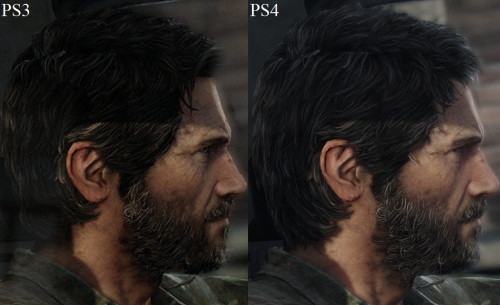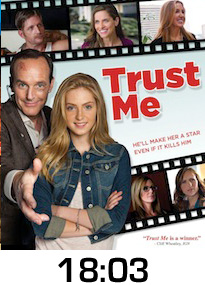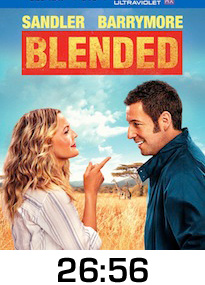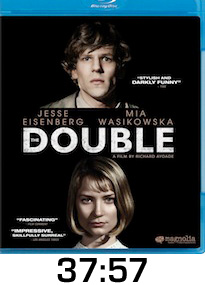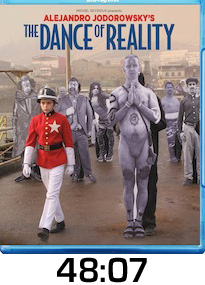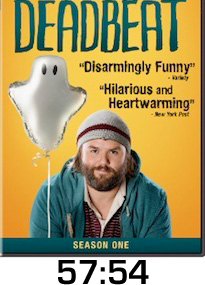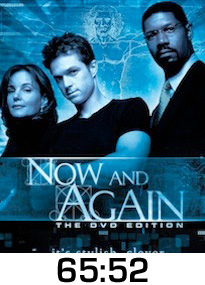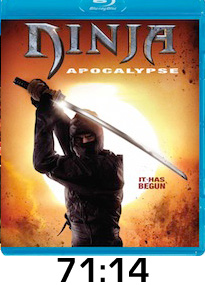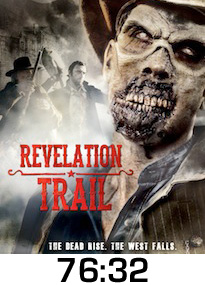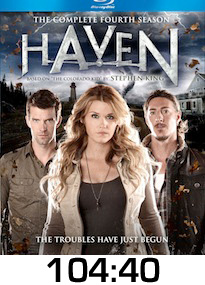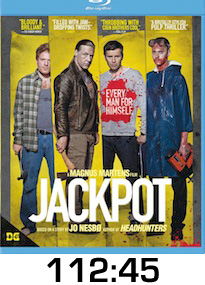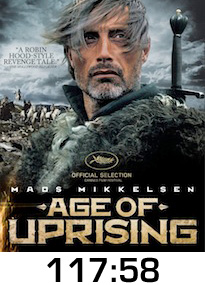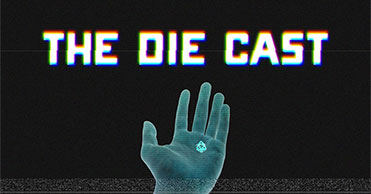So we come to the end of another summer movie season. I know, in these modern times, many huge blockbusters come out at any time. One of this year’s biggest films Captain America: The Winter Soldier came out in April (a month before the usual summer movie season starts in May) and this fall still has a large amount of new blockbusters (Hunger Games: Mockingjay Part 1, Interstellar, The Interview, etc). So, why even bother looking back on the summer movie season?
Well, studios still try to push some of their biggest products of the year during the summer, projects which display what these studios feel are their most eye catching projects. There are always some that win & others that lose and those that win illustrate what the audience wants more of from the studios. So, in a way, they’re a reflection of what our culture wants in entertainment. Thus, it’s worth examining from both a profitability and quality perspective. Keep in mind that most of the comments on box office & reception are based on sites like Box Office Mojo, Metacritic, Rotten Tomatoes and my own personal experience. Biased perhaps… but let’s move on!
Part I: Properties

A big staple of the last several summers have been franchises. This is obviously why we’re getting products like Transformers: Age of Extinction, Amazing Spider-Man 2 & Godzilla. Yet, were they all proven successes? No. Well, at least not entirely, critically or financially. The Amazing Spider-Man 2, for example, was a slight disappointment in the box office, managing to gross less than any of the Sam Raimi Spider-Man films. Perhaps it indicates that not everyone is interested in the Sony/Marc Webb direction of the property? Given the rather divisive reception of Amazing Spider-Man 2, I’m not that surprised. Despite it’s best efforts to capture the character relationships, many (including myself) would argue that the tonal shifts and subpar villains drove people away.
This property fatigue wasn’t isolated to just Spider-Man. Other franchise hopefuls like Step Up All In, Sin City: A Dame To Kill For and Think Like A Man Too were all huge disappointments compared to their previous entries. Hell, even the world wide success of the fourth Transformers is somewhat dampened by the fact that it’s the lowest grossing film of the franchise domestically. It’s clear that people aren’t interested in properties that have over stayed their welcome, took far too long of a break in between releases and lowered the quality beyond the standard of previous entries. And I’m talking about all three of those examples that I mentioned when I say that… but especially Sin City: A Dame To Kill For. That one just plain hurt.
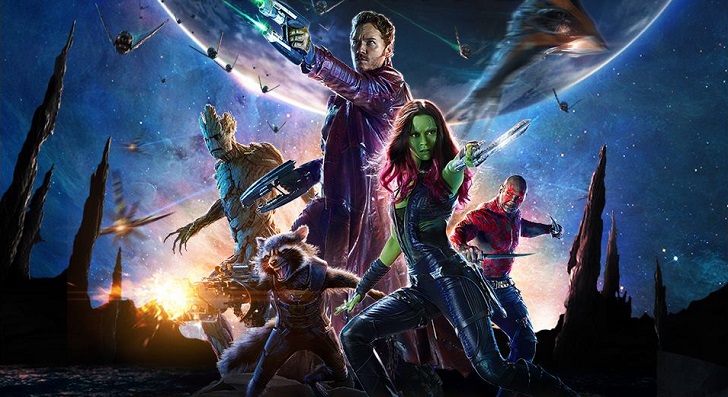
On the other hand, plenty of properties still managed to thrive this summer season. One of the most successful was Guardians of the Galaxy, a rather obscure part of the Marvel Comics canon. Yet, it’s still a testament to how huge of a brand the Marvel Cinematic Universe is. If Winter Soldier wasn’t proof enough, this relatively unknown product in the public eye and managed to become such a wild success. This movie which, as a reminder, has a 7 foot tall tree creature and a rude mouthed space raccoon as main characters, has managed to keep audiences coming back with it’s brash sense of humor and effortless joy… though most of that cash probably came from people wanting to dance along with Groot.
The same sort of success was seen in other quality blockbusters that managed to improve upon what their earlier entries had built and developed them into fantastic follow ups. 22 Jump Street used the meta tactics of it’s predecessor to dig at the problems many a sequel suffer from. X-Men: Days of Future Past combined what worked and what needed to be fixed from it’s previous entries, resulting in a grand return to form for the franchise. Dawn of the Planet of the Apes managed to make the struggles of an ape society trying to build itself up so palpable that it drove people to the film. They all show that brand recognition is enough to get people in, but a major success can often times come from making a damn good movie that people will strive for.
Part II: Star “Power”

For decades, Hollywood considered the idea of selling the film on it’s stars to be essential. Put an actor or actress who’s popular in any movie and it’ll sell, right? Well, the summer of 2014 has certainly proved that a famous face doesn’t always mean a run away success. Take Edge of Tomorrow; a surprisingly fun special effects heavy action romp starring Tom Cruise, the man who owned the action movie box office for a solid two decades. Yet, it only just managed to hit the $100 million mark in the box office after about three months of release. This is admittingly a triumph for a non-Mission: Impossible Cruise movie, as it’s the first to cross that milestone for Cruise since 2005’s War of The Worlds, which grossed $234 million. Still, the film fell very short of it’s $178 million budget and has been seen largely as a disappointment for Cruise financially, to the point where it’s been rebranded on Blu-Ray as Live. Die. Repeat. Whether this supposed “failure” is an issue of Cruise’s public image or misrepresentation of the film is up for debate, but ultimately it does show that star power doesn’t exclusively drive people to the theater anymore.
But Cruise wasn’t the only one to suffer on this end. A Million Ways To Die In The West served as a sophomore effort for Seth MacFarlane, who couldn’t equal the critical or financial success of his 2012 hit Ted, no matter how much the advertising plugged away his name or farts he inserted into western hats. This similarly happened to Adam Sandler with Blended, his latest attempt to drive audiences with two factors; 1) his co-star Drew Barrymore, who Sandler was quite successful with from two of his more well regarded & successful films of the past 15 years The Wedding Singer and 50 First Dates and 2) his usual “raunchy for PG-13” Happy Madison style antics. Yet, Blended ended up barely making back it’s $40 million budget domestically, perhaps showing that audiences are tired of his “charms”… or at least until the next Grown Ups movie comes out. The same can even be said of The Expendables 3, which took the 80s machismo of Stallone, Schwarzenegger & friends out for a third adventure to significantly less box office receipts. Of course, it’s not out of the question to blame this on the digital copy link that hit a month or so before the film was released, but that hasn’t always stopped films from being successful. Maybe it shows that the gimmick of getting all these action stars together has wained since the first film, especially domestically and in the wake of failures from Stallone like Bullet to the Head or Grudge Match.

Then again, star power did work well for certain films of the summer. Neighbors was sold on Seth Rogen and Zac Efron screwing with each other with pranks, resulting in a whopping success financially and a solid amount of critical praise. Why would a story of college life vs. suburbia be enough to out gross a Tom Cruise action packed vehicle? It all has to do with fatigue. Audiences just aren’t tired of Rogen and his Judd Apatow-grown style of dick jokes with heart, while they may just be tired of Cruise’s recent history of middle of the road sci-fi efforts. It’s all about timing and Seth Rogen is still in the right place.
Part III: The Little Engines That Could

I know I’ve been discussing some of the bigger budget efforts over the course of this article, but the smaller budgeted less-effects heavy efforts are also worth a bit of exploration here. One such success was Jon Favreau’s return to his independent roots Chef. Produced with a lot of passion and a lot of favors from Favreau’s famous friends, Chef ended up grossing a solid $40 million on a low budget. Now, it may not seem like much, but for a movie that’s mainly going on the star of Swingers and John Leguizamo making Cuban sandwiches in a food truck, it’s pretty damn impressive.
Of course, this wasn’t the only nor biggest success in terms of lower budgeted summer releases. The mega-successful Young Adult adaptation The Fault In Our Stars managed to turn it’s $12 million budget into a proverbial butt load of cash, proving that even young lovers with cancer can get people out of the sun and into theater seats. Similarly, the long gestating Boyhood managed to make five times it’s meager budget of $4 million domestically alone based pretty much exclusively on it’s production, a rarity in terms of summer films in this day and age. All of these end up leaving credence to the idea that these smaller movies with big ambitions have a place in the summer, even if it’s not on a marquee next to bigger budgeted efforts.
Part IV: What Did We Learn?
So ultimately, what did we all learn from all of this summer movie talk? Is there a definitive trend that will tell us what to expect from Hollywood in the coming years? Is there a definitive answer to why any of these films did or didn’t do well? Honestly, no. That’s the real trouble and beauty of box office analysis. One can throw around ideas and theories as to why a film did or didn’t do well with audiences or critics, but ultimately some box office receipts are still hard to pin down for one specific reason. Several factors go into the release of each film and there’s rarely a single definitive answer, which is part of the fun. Film releases are so chancy and diverse this year that it’s intriguing to see what worked and what didn’t. It’s been a fascinating summer of bombs, hits & surprises, which only makes me more excited for the rest of the year.
That all being said, there is one bomb I can explain succinctly; Jersey Boys needed far more Christopher Walken dancing. Would have made $100 million if it had.
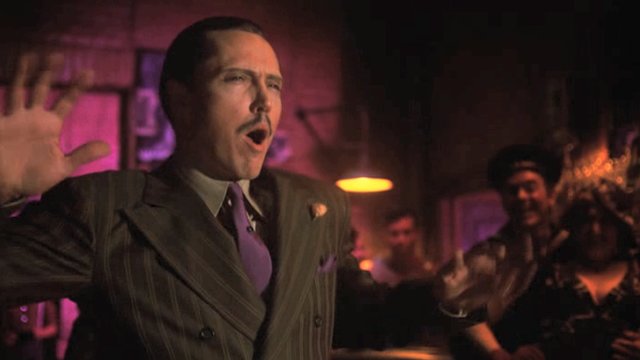


 If you have a few extra dimes to spare, please help us help a fan in need. Thank you!
If you have a few extra dimes to spare, please help us help a fan in need. Thank you!



 If you have a few extra dimes to spare, please help us help a fan in need. Thank you!
If you have a few extra dimes to spare, please help us help a fan in need. Thank you!


